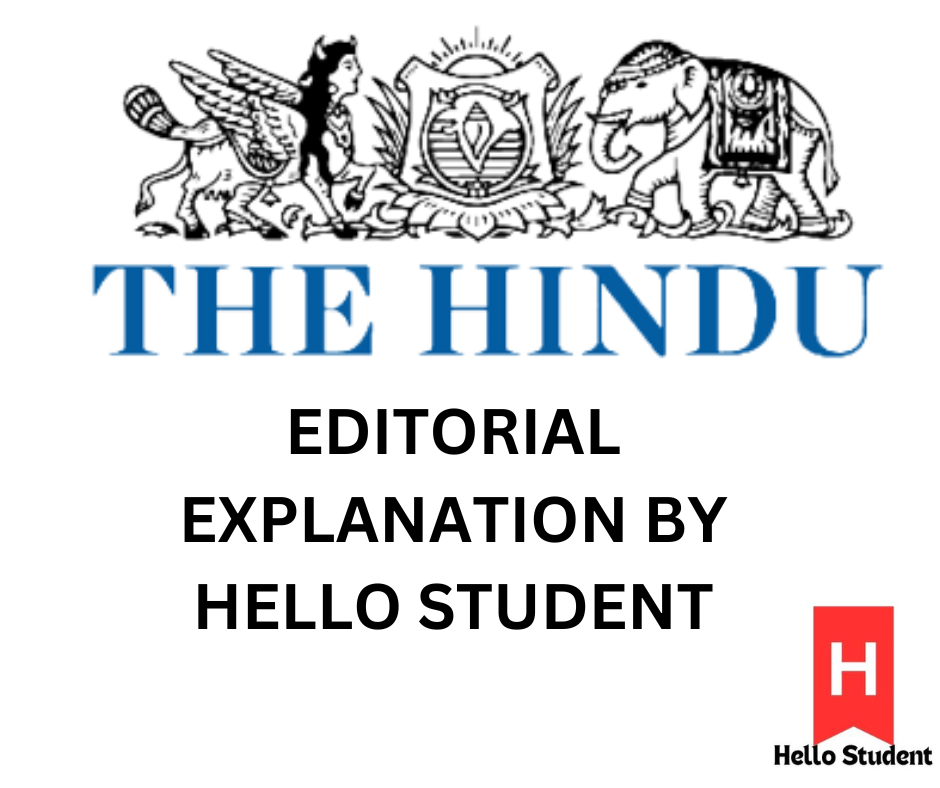This article discusses the ongoing political rivalry between two groups of the Nationalist Congress Party (NCP) in Maharashtra, India. The party has split into two factions: one led by Sharad Pawar, the founder of the NCP, and the other led by his nephew, Ajit Pawar. These two groups are now acting like separate parties, and their conflict will likely affect the upcoming elections for the Maharashtra state assembly.
The main issue revolves around the NCP’s election symbol, the “clock.” After the split, the Election Commission of India (ECI) gave the clock symbol to Ajit Pawar’s group, recognizing them as the official NCP. However, Sharad Pawar disagrees with this decision and has approached the Supreme Court to ask that Ajit Pawar’s group be made to give up the symbol before the elections.
The Supreme Court is now reviewing whether the Election Commission’s decision was correct. Some doubts have been raised about how the ECI decided which group should get the symbol. The ECI based its decision on which faction had more support among elected representatives, but this method has been questioned. Sharad Pawar’s group believes that this wasn’t a fair way to decide, and the Supreme Court is now considering the issue.
In recent elections, Sharad Pawar’s group, which used a different symbol (a man blowing a trumpet), won more seats and votes than Ajit Pawar’s group, even though Ajit had the traditional clock symbol. This has raised questions about whether having more legislative support at one point in time should decide which faction gets to keep the party symbol.
Sharad Pawar is concerned that giving the clock symbol to only one group could confuse voters since the clock has always been associated with the NCP. The court will have to decide whether to take away the clock symbol from both groups or allow Ajit Pawar’s faction to keep using it for now.
This situation reflects a broader issue of political parties struggling to stay united when there are internal splits and rebellions. Decisions about which group gets to keep a party’s identity and symbol are often influenced by the Election Commission and the Speaker of the Legislature, but these institutions sometimes need the Supreme Court to step in and ensure fairness.
.
.
.
.
.
…join our telegram channel for regular updates of The Hindu Epaper Editorial Explanation-https://t.me/Thehindueditorialexplanation
The Hindu Epaper Editorial Explanation given by Hello Student is only a supplementary reading to the original article to make things easier for the students.
In conclusion, preparing for exams in India can be a daunting task, but with the right strategies and resources, success is within reach. Remember, consistent study habits, effective time management, and a positive mindset are key to overcoming any academic challenge. Utilize the tips and techniques shared in this post to enhance your preparation and boost your confidence. Stay focused, stay motivated, and don’t forget to take care of your well-being. With dedication and perseverance, you can achieve your academic goals and pave the way for a bright future. Good luck!
The Editorial Page of The Hindu is an essential reading for all the students aspiring for UPSC, SSC, PCS, Judiciary etc or any other competitive government exams.
This may also be useful for exams like CUET UG and CUET PG, GATE, GMAT, GRE AND CAT
To read this article in Hindi –https://bhaarat.hellostudent.co.in/
.

